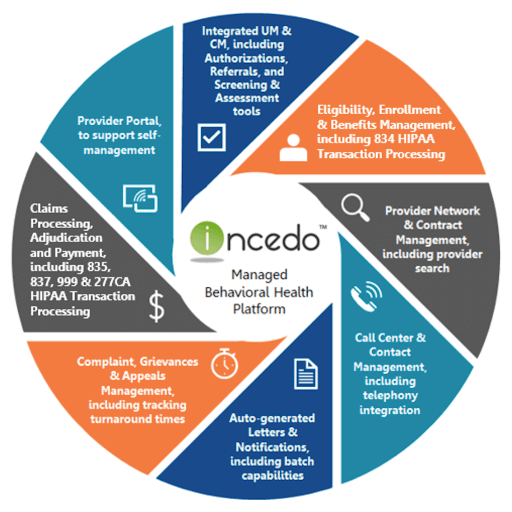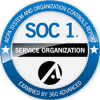In the last decade, the healthcare industry has seen more traction in the idea of addressing behavioral health treatment as part of whole-person care, also known as person-centered care. The pandemic has brought mental health to the forefront in a way it has never been before, expanding integrated behavioral health to a genre of conditions that are not always officially diagnosed, such as stress, burnout, and others that relate to self-care and general well-being. This great elevation in public awareness—and the lessening of the stigma historically associated with integrated behavioral health—is a catalyst for organizations to integrate more aspects of integrated behavioral health into mainstream healthcare to create a more holistic set of treatments.
While the importance of this integration is the topic of many conversations, behavioral health and physical health have mostly existed as separate worlds, with limited information exchange to incorporate behavioral health into physical health workflows. But bringing a behavioral health perspective to mainstream medicine can’t wait while the physical health infrastructure figures out how to catch up—tools need to proactively evolve to broaden the physical health perspective for managing integrated behavioral health alongside medical and social determinants of health. Innovation in several key areas can accelerate this integration.
Page Content
Standardization or Normalization of Data
Mainstream healthcare research has its own processes, jargon, and norms that don’t always consider behavioral health integration, particularly when supporting payments. Removing the frictions that keep behavioral and physical health from merging from an administrative perspective—in effect bringing the codes, terminologies, and ontologies associated with behavioral health conditions into mainstream healthcare delivery—will pave the way for system integration that will enable more efficient sharing of data that improves collaboration across teams.
Collecting Real-World Evidence
Organizations that can gather information empirically from treatment that intermixes behavioral health with physical health will begin to see the patterns relating treatment and outcomes. Mining the data to start finding those patterns and evaluating protocols that emerge from the data can help us move forward more quickly with those treatments that are effective rather than waiting for studies to emerge. Integrated behavioral health is a data-driven approach that will help organizations personalize patient journeys with effective interdisciplinary treatments and positively impact more lives.
Efficient Workflows
In the healthcare industry, seamless collaboration enabling interdisciplinary teams to work together for the benefit of the patient is critical. This level of collaboration is not achieved by passing notes back and forth—it requires comprehensive and thoughtful plans of care with integrated workflows that cross specialties to address not just medical needs, but the behavioral and social determinants that impact care.
Patient Engagement
Making the patient a part of their own care in a meaningful way is particularly difficult for those with behavioral health challenges. Innovations that passively collect needed information based on what is easily observed rather than relying on patients to accurately self-report can bridge the gap. Leveraging artificial intelligence tools to identify what might be happening based on data that we are able to see and developing decision support based on patterns that emerge will enable more effective treatment.
Those companies that are pioneers in integrated behavioral health—those that have built the path, removed landmines, and have put primary care behavioral health management to use in a demonstrable way rather than just talking about it on a Powerpoint slide—are the experts to follow. These innovators can bring a breadth of knowledge to the table based on what their customers have been doing that will help the industry make real progress.
Companies like InfoMC—which has roots in behavioral health since its inception—have an inherent advantage in making the effective treatment of behavioral health a standard part of whole-person care. InfoMC’s Incedo platform offers a suite of behavioral health management functions specifically designed for managing care and improving outcomes for individuals with mental health issues and substance use conditions. These capabilities enable organizations to personalize and manage all aspects of care across the full continuum of integrated behavioral health services.
Key Areas for Behavioral Health Management

By riding this wave of sentiment that is increasingly viewing integrated behavioral health as a normal part of life and well-being, the healthcare industry has a unique opportunity to do something real. The catalyst may have been the pandemic, but we are now challenged to capitalize on the moment to make real advances. The time is now for investing to accelerate the agenda for getting behavioral and physical health more intertwined and interoperable, ultimately creating a better treatment protocol for patients.








